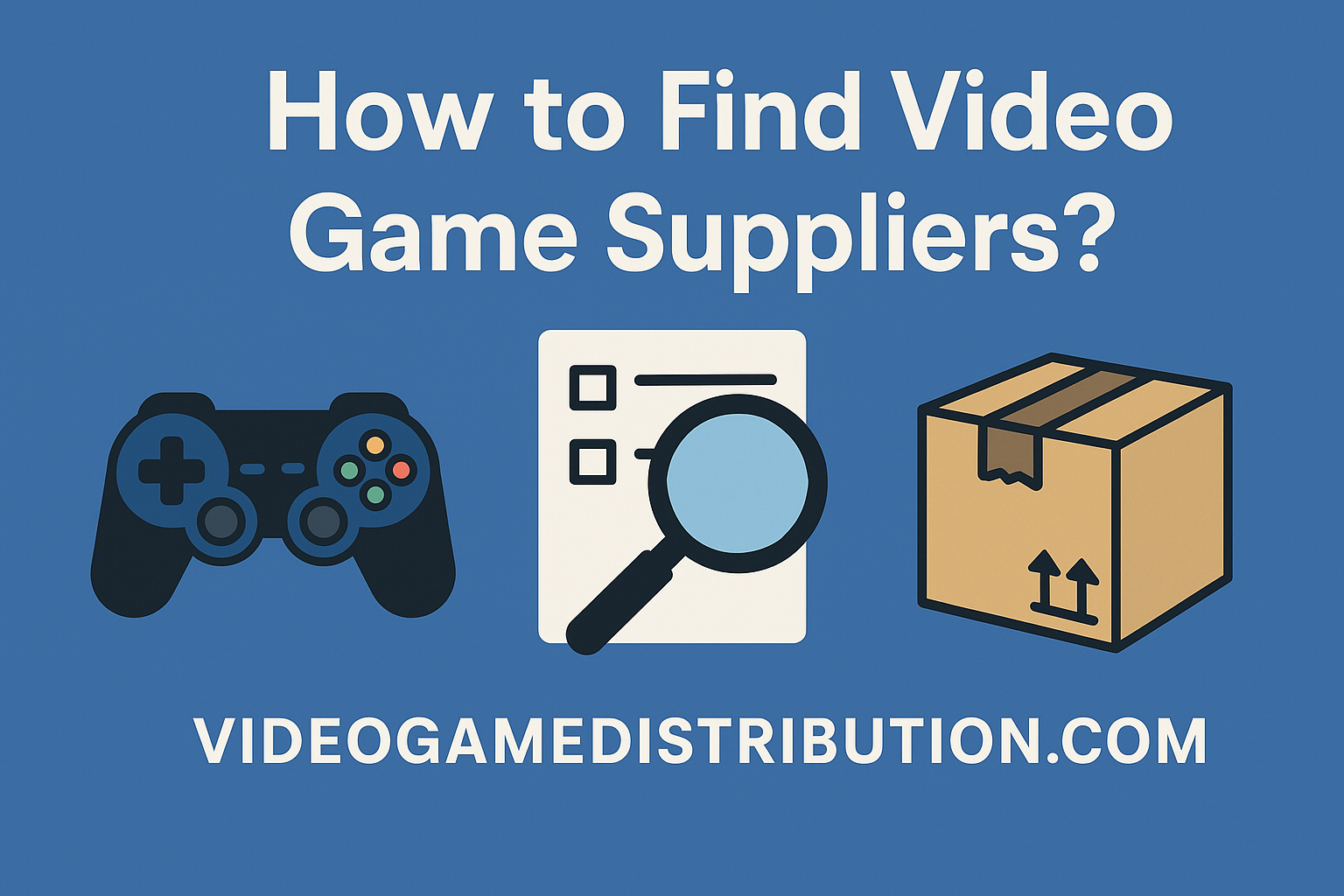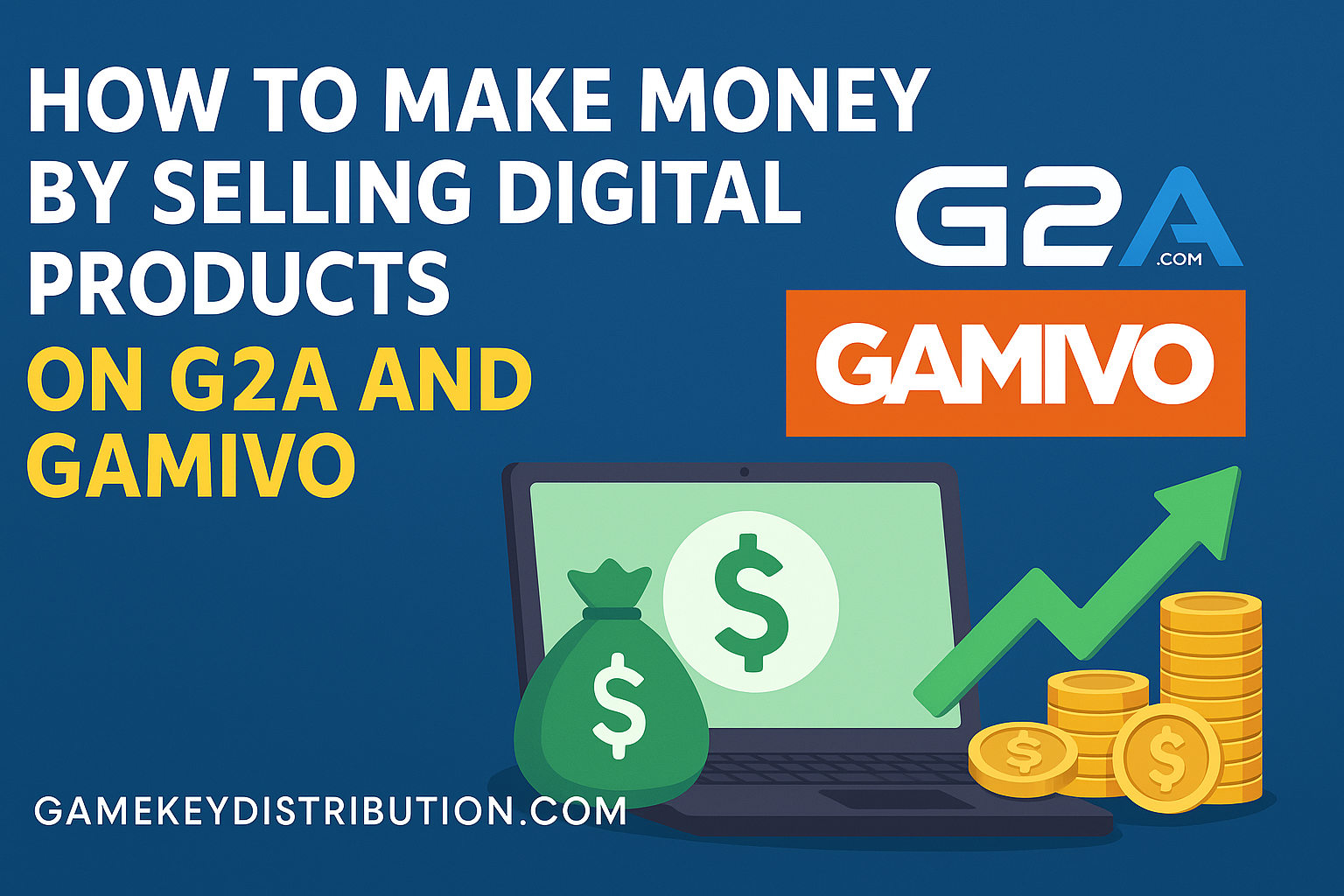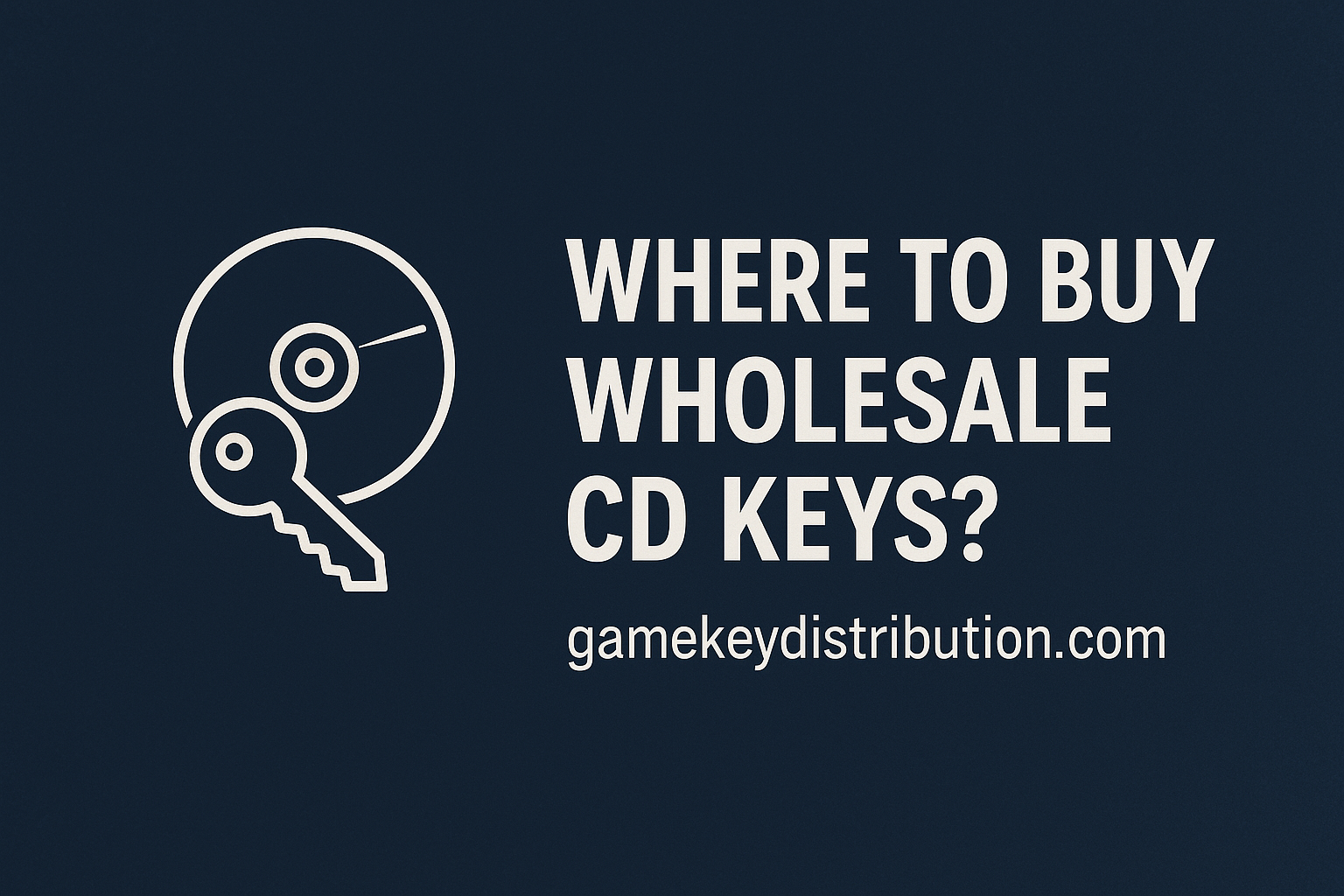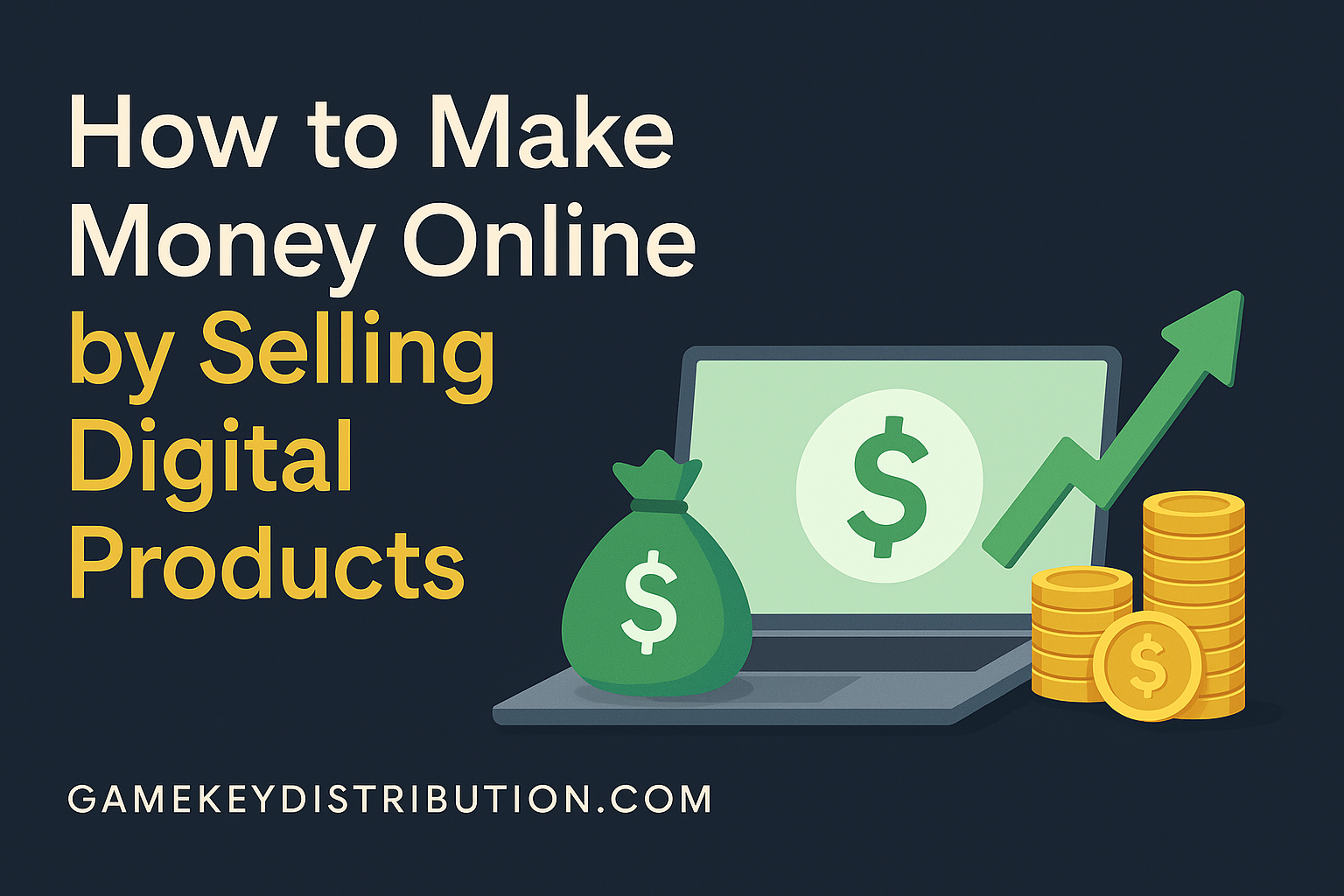Starting an online store or a digital marketplace for video games can be a profitable venture—but only if you have reliable suppliers. Whether you plan to sell physical copies, digital codes, or in-game items, sourcing trustworthy suppliers is the foundation of your business. Here’s a clear, six-step guide to help you find legitimate video game suppliers and grow your inventory with confidence.
1. Define Your Business Model and Product Type
Before searching for suppliers, decide what exactly you're going to sell:
Digital codes (Steam, Xbox, PlayStation)
Physical games (console or PC discs)
In-game content (currency, skins, items)
Retro or niche titles
Also, determine whether you want to work with wholesalers, dropshippers, or distributors. Each option has different profit margins and fulfillment models.
2. Search Wholesale Directories and B2B Marketplaces
Reliable directories can fast-track your search by listing verified suppliers. Some of the most trusted platforms include:
SaleHoo – Curated suppliers, including video game wholesalers
Worldwide Brands – Large directory with light bulk options
DHGate / Alibaba – Ideal for bulk physical game products
GameKeyDistribution.com – Focused on digital game codes for resellers
Always verify supplier reviews, minimum order quantities, and product authenticity.
3. Attend Gaming and Trade Industry Events
Gaming expos, trade shows, and developer events are great places to meet suppliers face-to-face. Look for:
Gamescom (Germany)
E3 Expo (USA)
ChinaJoy (Asia)
GDC (Game Developers Conference)
These events connect you with publishers, developers, and distributors directly—especially useful if you're looking for exclusive or indie game access.
4. Contact Game Publishers and Distributors Directly
Many suppliers don't advertise publicly. Reaching out to video game publishers or authorized distributors is one of the best ways to get access to original stock.
Start with companies like:
Activision Blizzard
Ubisoft
Electronic Arts (EA)
SEGA or Bandai Namco
Ask if they work with third-party retailers or offer B2B partnerships for resellers.
5. Verify Legitimacy and Licensing
This step is critical. The video game industry has strict rules on licensing, region locks, and resale policies. Make sure:
The supplier is an authorized distributor
They provide purchase invoices or certificates
Digital codes are region-compatible
Physical products are factory sealed and new
Avoid suppliers that offer suspiciously cheap prices or request payment methods that aren’t secure (e.g., crypto only or Western Union).
6. Test Orders Before Committing
Once you've found a potential supplier, place a small test order to evaluate:
Product quality
Delivery time
Customer support
Code activation success (for digital games)
Track everything, and only scale up your orders after confirming they’re reliable. If you're running a Shopify store, make sure the supplier can integrate with your fulfillment process smoothly.
Final Thoughts
Finding the right video game supplier isn’t about luck—it’s about strategy. By taking the time to research, verify, and test each source, you’ll avoid scams and build long-term partnerships. Whether you’re aiming to sell triple-A titles or niche indie games, following these six steps will put you on the path to a successful, sustainable business.





